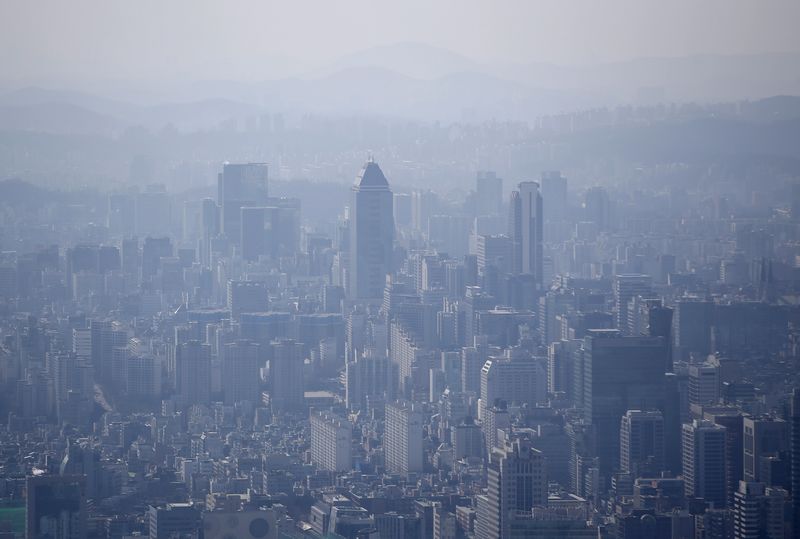South Korea's Central Bank Pledges Stability After Martial Law
Following the announcement by the President of South Korea to lift the state of emergency yesterday, the Bank of Korea announced that it would take action to ensure stability in financial markets. In a statement made after an emergency board meeting, the bank indicated that short-term liquidity would be increased and active measures would be taken in the foreign exchange markets if necessary.
Finance Minister Choi Sang-Mok also stated that the government would utilize all available measures to stabilize finance and foreign exchange markets. The minister conveyed that providing unlimited liquidity was on the table. These developments in South Korea come at a time when the country is undergoing a challenging period in terms of market confidence.
Effects on the markets and the government’s approach Capital Economics analyst Thomas Mathews noted that the political chaos in South Korea occurred at a critical time for the markets. Mathews emphasized that policymakers were attempting to address the issue known as the "Korea discount," where the value of South Korean assets differs from those in other countries. This disparity had been increasing even prior to the recent events due to political fluctuations in the country.
The presidential announcement also highlighted that the timing of the state of emergency declaration was chosen to minimize potential harm to the national economy and the lives of citizens. It was asserted in the statement that the state of emergency was within constitutional limits, and the presidency rejected claims that it interfered with lawmakers' access to parliament. South Korea's efforts to ensure market security in such an uncertain environment are noteworthy.


